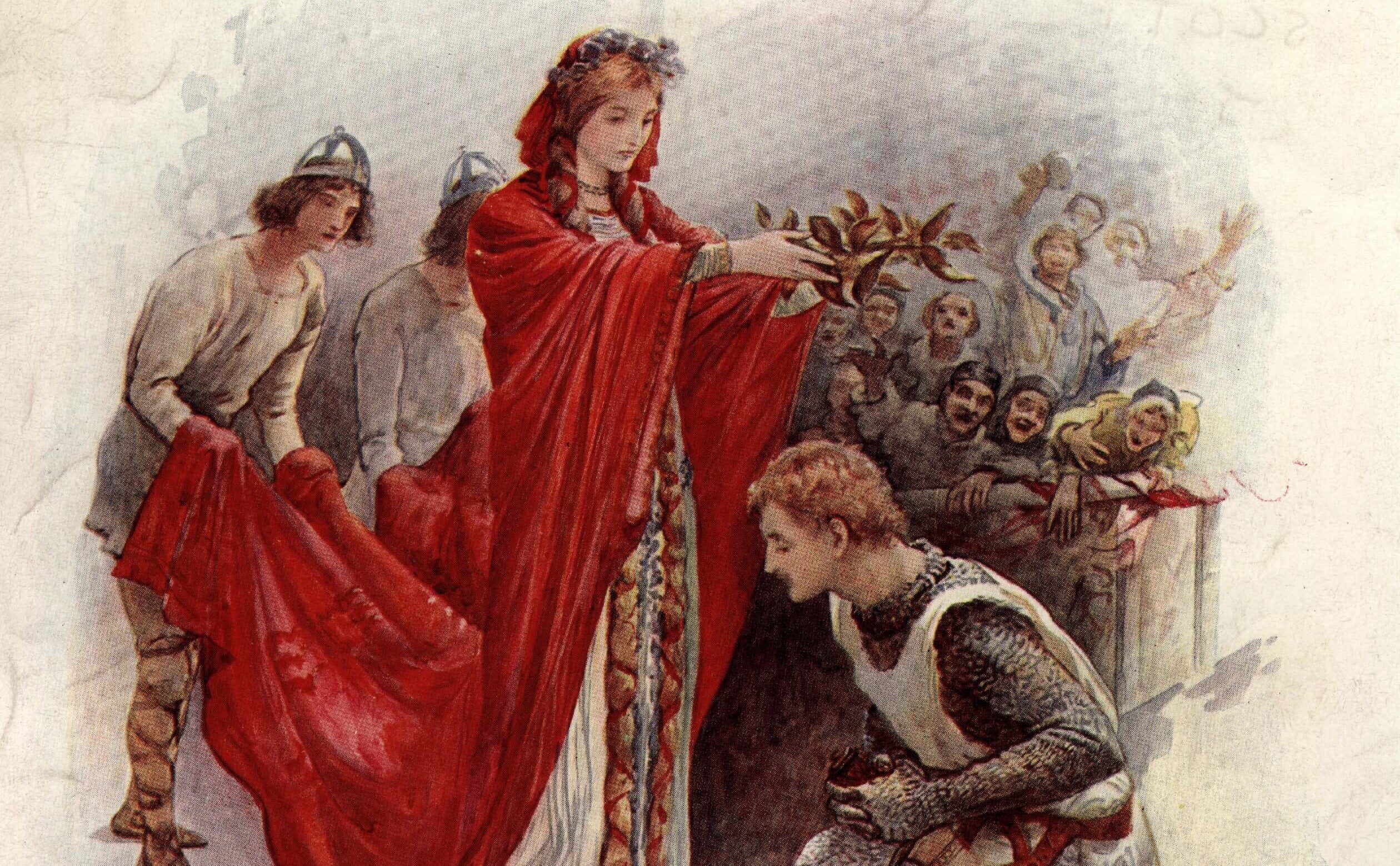On May 8, Peter Augustine Lawler picked up the phone. I had called to interview him about the role of quarterly journals in shaping the conservative mind. National Affairs, the quarterly captained by Yuval Levin, had served as the de facto flagship for a policy-minded “reform conservatism” during the Obama years. A new journal, American Affairs, had just launched as an interpreter of the resurgent populism and revolt against liberal verities that had marked the 2016 election. But quarterlies of unusual significance were not a new phenomenon for American conservatives: after all, Russell Kirk had founded one, this one, sixty years ago. Now Peter Lawler was its editor, and I was eager to speak to him.
Peter’s first issue had already made a splash. When I interviewed a leading policy theorist at a center-left think tank in Washington, D.C., a few weeks earlier, he had the new Modern Age open on his desk. It was not to his taste—but he read it. Peter’s plan to extend the reach of Modern Age was working. (He had solid foundations on which to build, of course: R. V. Young, his predecessor, had extended the best traditions of this journal even while giving it renewed currency. All this was in keeping with the original vision of Russell Kirk, who imagined a journal that would unite the timeless with the immediate, as the name Modern Age suggests.)
I expected my talk with Peter to last mere minutes. Instead we spoke for more than an hour and a half. His ideas for Modern Age were farsighted and fascinating. He outlined to me forthcoming symposia on the crisis of Europe and new developments in American constitutionalism, among other themes he intended the journal to explore. I was excited to see these future issues—and to contribute to them, as Peter kindly asked me to do. Two weeks after we spoke, I wrote to him about the essay I was preparing and suggested other authors and topics I thought he would like to have in Modern Age. When Peter did not write back, I assumed he was busy. To my shock and sorrow, I learned the next day that he had died.
In the weeks that followed, a swift but careful search for the next editor of Modern Age took place. At the end of it, I was asked to step into the role that had been so tragically left vacant. It is a task I take up with humility but also great joy at being able to see through some of the plans that Peter set in motion, before leading the journal further onward. This issue is a testament to just how farsighted Peter’s outlook was. Before Alec Ryrie’s Protestants: The Faith That Made the Modern World became one of the most acclaimed works of history in this, the five hundredth year of the Reformation, Peter had commissioned Professor Ryrie to write about the topic for Modern Age. He also brought in Timothy George, one of the most distinguished Protestant thinkers in America, to write about Martin Luther. With Hunter Baker’s provocative essay on Christian Democracy and a penetrating look at the politics of C. S. Lewis by Justin Dyer and Micah Watson, a brilliant symposium on Christian politics, past and present, was at the ready.
Ably assisting Peter all along have been our managing editor, Anthony Sacramone; our poetry editor, James Matthew Wilson; and our literary editor, Samuel Goldman. This issue, a fall books showcase, highlights Sam’s work in identifying many of the most important, and sometimes overlooked, books of 2017. In one case, the book’s importance lies in its pernicious character: as Phillip Magness brilliantly shows through archival research, Nancy MacLean’s Democracy in Chains is a work of horrific scholarly misjudgment, to say the very least.
To bridge our Christianity symposium and the special books section we have Lee Edwards’s essay on how Russell Kirk wrote the classic that helped give modern conservatives their name (and reclaim their tradition), The Conservative Mind.
Peter Lawler’s plans will come to further fruition with our next issue, which will examine recent European thought and American constitutionalism after Obergefell. With the Spring 2018 issue, my own tenure will begin in earnest—guided, however, by the standards that Peter raised aloft.
Daniel McCarthy is the editor in chief of Modern Age.














